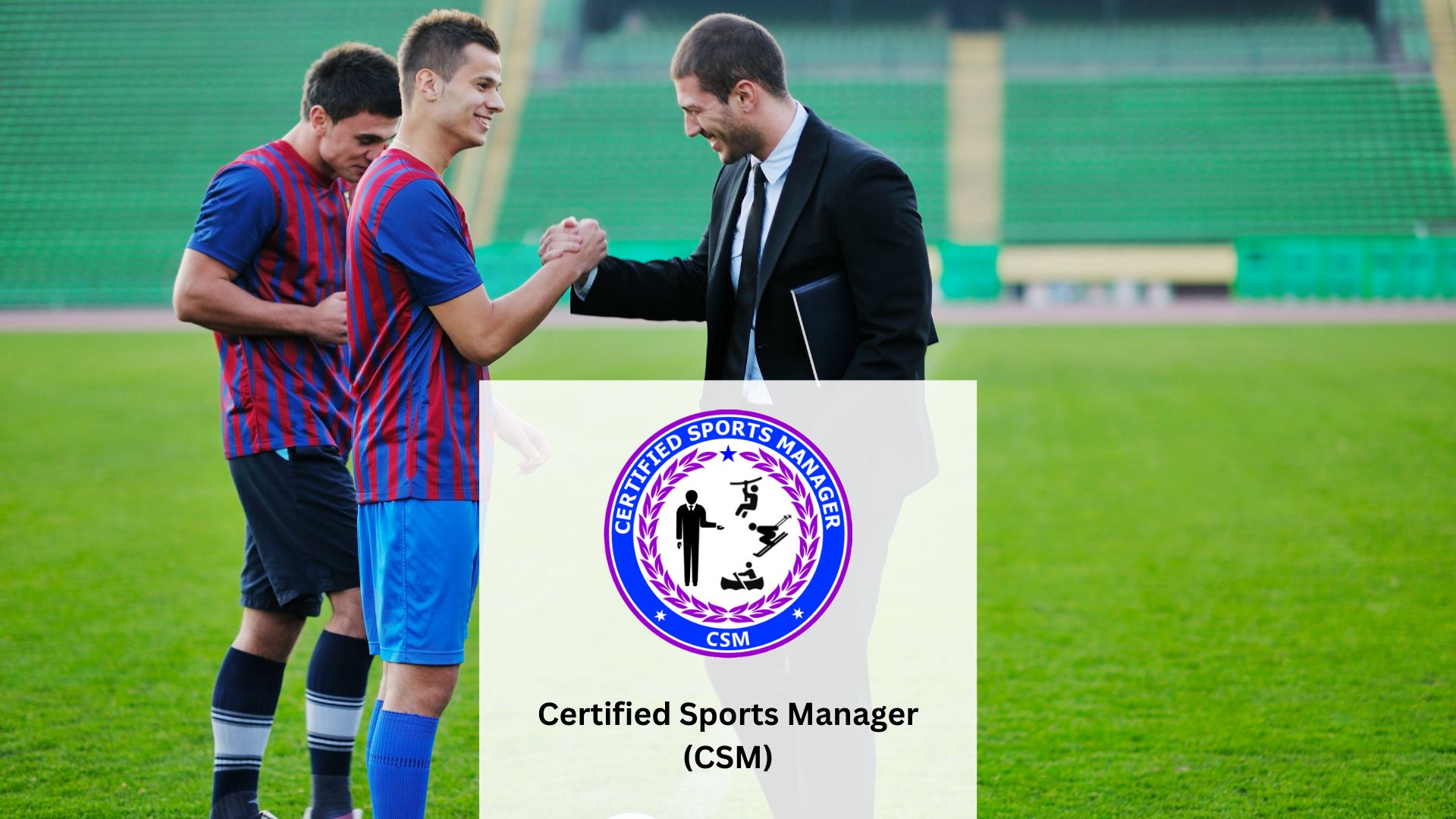Course Description
Sport and its associated industries of recreation and fitness have entered a period of rapid growth. The recent Skills Audit conducted by the Tourism, Hospitality, and Sport Sector Education and Training Authority in 2007 highlights the need for capacity building in sport to promote competence in managing sport organizations, tournaments and events, sport teams, and sport facilities. Bridging this skills gap will positively impact the management of sports organizations and teams, as well as the growth of sport at all levels across the globe.
In addition, the sport marketing industry represents a multi-million-dollar industry, with ten TV channels already dedicated to sport as evidence of its reach and public demand. Managerial competencies are acquired in a variety of contexts, ranging from private fitness facilities and sport clubs to local government initiatives in sport and recreation, extending further to sport sponsorships, media, athlete representation, and sport tourism.
Increasing pressure to deliver efficient and effective management of sport entities, athletes, facilities, and events comes from participants, federations, spectators, the media, and athletes with special needs. The industry-specific technical skills required within the operational sport and related environments demand specific contextualization within the operational environment—particularly in areas designed as specialization streams within this qualification.
The Certified Sports Manager (CSM) is designed to develop specific competencies in self-organizational and lifelong learning skills, with in-depth knowledge of sport requirements and technical know-how applicable to a sport-specific context.
This certification enables candidates to assume responsibilities as sport managers in schools, clubs, and private institutions across areas such as sport team management, federation management, and facility management. Candidates will also be exposed to policy-making, planning, and initiatives that achieve racial, disability, and gender equity through sports programs, while ensuring safe environments for activities, events, and tournaments.
The program also prepares learners to advance their practice and careers in the sports and fitness industry, either at higher levels or in new areas of practice. Serving as a stepping stone, the CSM certification equips learners to specialize further in chosen disciplines and take up leadership roles in training, development, and management.
E-Course Duration
30 – 35 Hours
Exam Information
-
Exam Pattern: 100 Multiple Choice Questions; pass mark 75% (75/100 correct).
-
Duration of Exam: 2 Hours (120 minutes).
-
Exam Format: Non-proctored; can be taken anytime, anywhere within an eight-month validity period.
-
Upon purchasing the Premium Package or an Exam Voucher Code, a voucher code with two attempts will be assigned to your login profile under the “My Vouchers” tab.
-
You can then take the exam through the “My Exam(s)” tab in your profile.
-
Retaking of the Exam:
-
Each voucher includes 2 attempts.
-
If unsuccessful after 2 attempts, candidates must purchase a new voucher for another 2 attempts.
-
Kindly Note: The voucher will not be valid for a second attempt if you pass on your first attempt.
Certification Validity: Lifetime
Course Outline
Module 1 – Sports Business Administration
-
Create, maintain, and update record-keeping systems
-
Manage project finances
-
Manage the business components of a sport organization
-
Monitor and maintain health, safety, and security
-
Manage a sport or recreation facility
Module 2 – Communication, Customer Care, and Self-Development
-
Conduct communication within a business environment
-
Utilize personal development training for growth
-
Care for customers
-
Facilitate learning using a variety of given methodologies
Module 3 – Fitness Participation and Disabilities
-
Manage participants with disabilities in sport
-
Support participation for people living with HIV/AIDS
-
Explain principles of physical activity in sport or fitness contexts
Module 4 – Marketing, Volunteer Management, and Tournament Planning
-
Apply principles of marketing to sport
-
Manage volunteers in sports
-
Organize and administer a sport tournament
Module 5 – Governance, Structures, and Ethical Behavior in Sport
-
Establish sustainable organizational structures for sport
-
Explain the role of governance structures in sport
-
Promote diversity and equity in sport and fitness organizations
-
Develop and implement team ethical behavior and discipline
Target Audience
-
Sport Team Managers
-
Sport Event Managers
-
Sport Tournament Managers
-
Sport Facility Managers
-
Fitness Facility Managers
-
Sport Sponsorship Managers
-
Sport Project Managers
-
Sport Organization Managers
-
Volunteer Managers
-
Gym Managers








